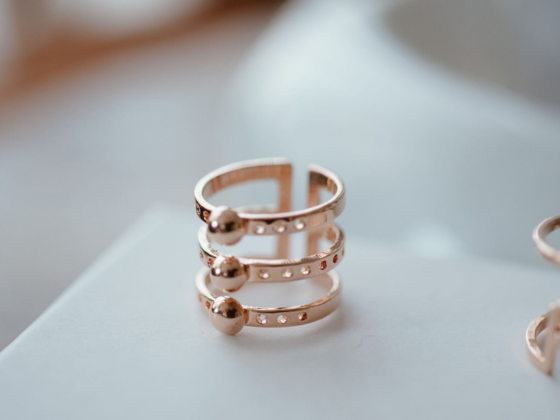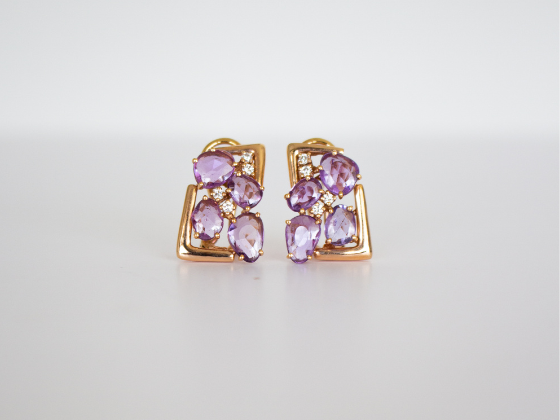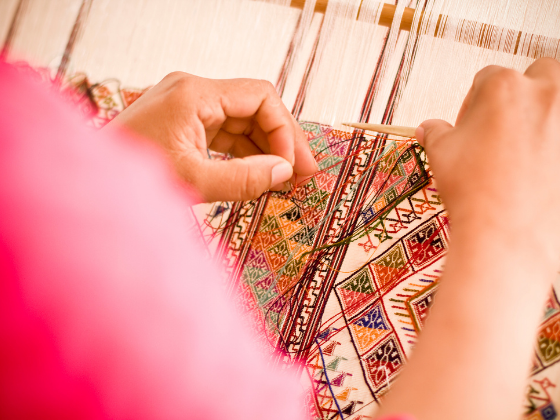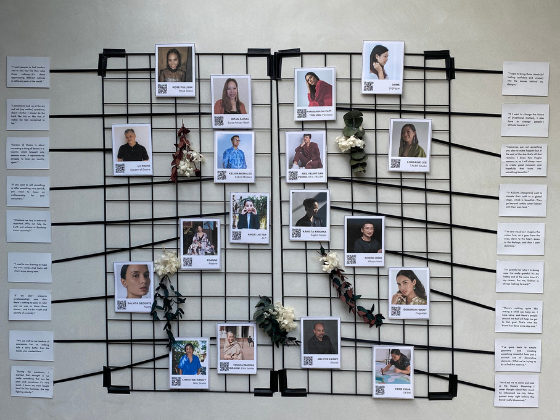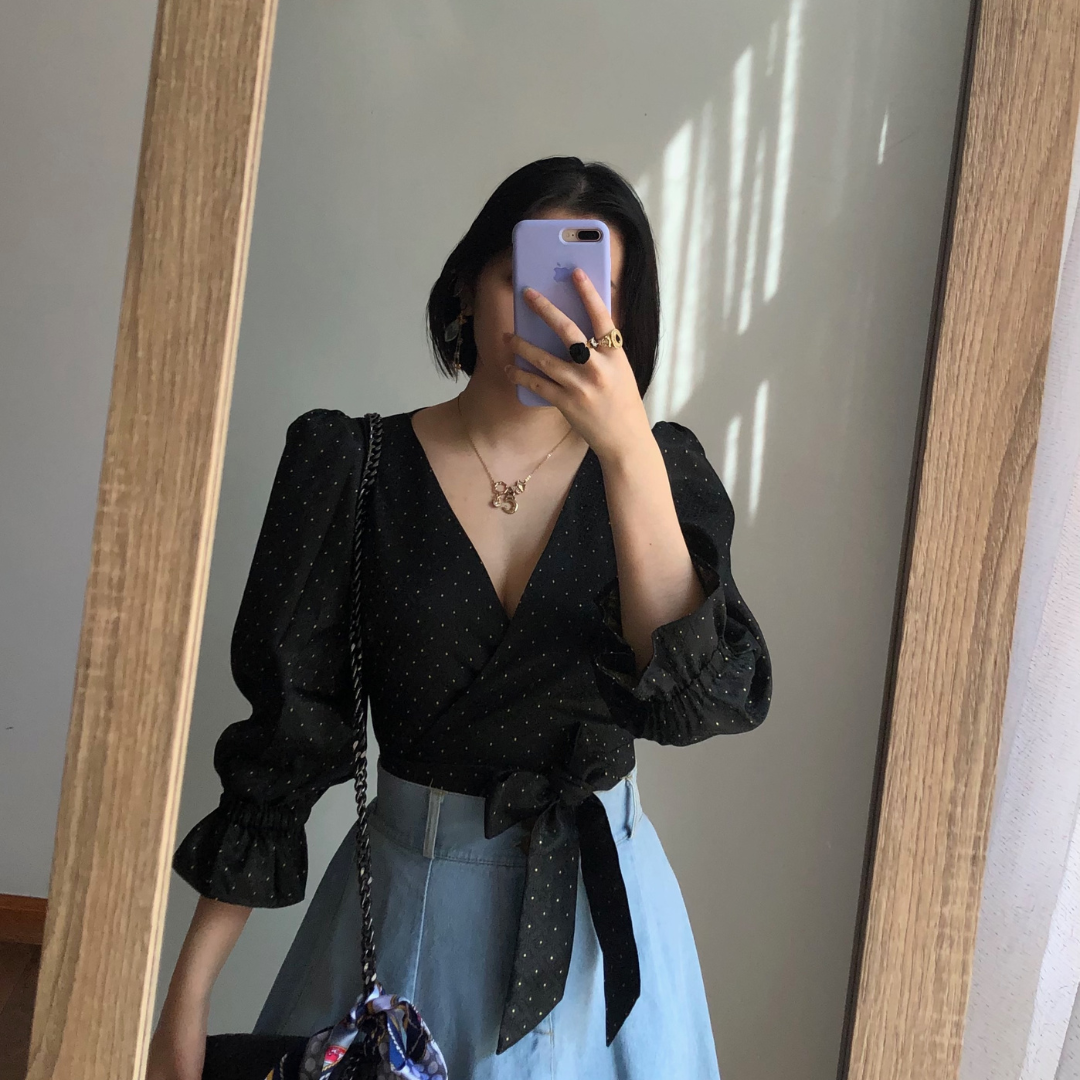By Aisha Hassan on June 1st, 2021
In a 2017 article for the New Yorker, the late writer Toni Morrison shared advice her father gave her about how to separate one’s professional life from one’s sense of self. The mantras are as follows:
- Whatever the work is, do it well — not for the boss but for yourself.
- You make the job; it doesn’t make you.
- Your real life is with us, your family.
- You are not the work you do; you are the person you are.
As Morrison surmises: “Since that conversation with my father I have never considered the level of labor to be the measure of myself.” In the past year, as the seismic shifts of a pandemic-ridden world have chipped away at my sanity, I find myself returning to Morrison’s words often. They are a salve, comforting and true, but it’s taken me a long time to believe them.
While Morrison’s revelation seems so natural, it’s difficult when life has largely been reduced to working from home and staying at home, with the boundaries between our workspaces and living spaces practically non-existent. There have been times this past year when I’ve conflated work and other stress with deficiencies in myself as a person, which has taken a toll on my mental health. (The literary magazine Catapult recently published a personal essay of mine on this topic.) I’m sharing some practices that have personally helped me manage work-related mental stress, in case you’ve felt this way too.
Spatial Technology Limits
Everyone uses their phone for work, and it’s even more consuming if you’re managing professional social media accounts (like I do for Dia). I literally need space away from it. My main ground rules at home are: Don’t bring the phone to the kitchen during meal times, and stop touching it at least half an hour before bed by putting it somewhere out of reach (my phone goes under my bed). If I’m doing something non-work related — like reading, writing, yoga — I also like to hide my phone underneath the blanket. It sounds silly, but I’ve found this “out of sight, out of mind” practice really helps me to be present.
Another phone-related hot tip from a friend: Every time you’re about to pick up your phone, which people do between 58 to 150 times a day, just quickly ask yourself why you’re doing it. Seriously, the pause and self-interrogation helps.
Relevant Guided Meditations
Look, you’ve probably read countless appeals to start meditation and are tired of hearing its benefits reiterated repeatedly, so I’m going to jump straight into the exact meditations on Calm that have reduced my stress levels: 7 Days of Managing Stress and 7 Days of Calming Anxiety. Calm’s meditation library is huge so there are even more work-specific series, but those general ones actually helped me the most when I started. Try the app’s seven day premium trial and do at least three days in a row before you @ me! I know you’ve probably seen a million ads for Calm and I wish they were sponsoring me but they’re not; it truly has just benefited my life and Tamara Levitt’s voice is like a soothing drink for the soul.
Talk to Yourself in the Third Person
“Distanced self-talk” has been around in psychology for a long time, and many of us do it without even realizing. By talking to yourself in the third person, you can step outside your head and treat yourself as you would a friend, which often means with more compassion.There are two main self-talk exercises I do in the context of work, and I prefer to do them in my journal, although you are welcome to just have a monologue in the mirror.
Firstly, when negative feelings crop up, I ask myself what it is exactly about the work situation that’s causing feelings of stress and anxiety, and how deeply I really believe in what I’m feeling. This explicitly means writing, “Aisha, why do you feel this way about X?” before exploring. Secondly, as sort of a cheesy but ultimately fruitful practice, I will write to myself about things I’m happy about that have nothing to do with work. It really is as simple as, “I’m glad you took a nap this afternoon,” or, “I’m proud that you weren’t so hard on yourself today.” Ultimately, it boils down to opening up to yourself and being honest when you do it — and not being ashamed of your feelings.
Mental Health Awareness Month may have just finished but it’s nice to be mindful about self care all year around. I hope that any or all of these tips can help you, if you need it.
ABOUT THE AUTHOR
Aisha Hassan is a writer, journalist, and co-founder of Dia. Previously, Aisha worked for Quartz in New York and Harper’s Bazaar in Malaysia. Her fiction has been published in international literary magazines. She has a bachelor’s degree in English Language & Literature from the University of Oxford, and a master’s degree from Columbia’s Graduate School of Journalism.




